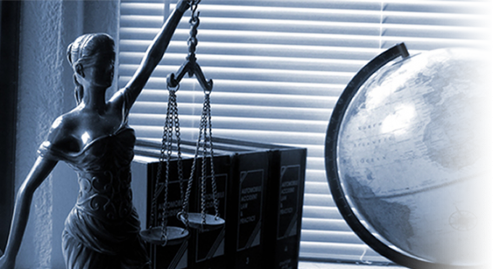Chapter 12 of Human Rights in the Administration of Justice, a manual and facilitator’s guide developed by the UN OHCHR in collaboration with the IBA, pertains to the right to freedom of thought, conscience, religion, opinion, expression, association and assembly. The learning objectives of this chapter are: “1.) To familiarize the participants with some other key rights, namely freedom of thought, conscience, religion, opinion, expression, association and assembly, and their importance in a society that is respectful of human rights in general; 2.) To illustrate how these freedoms, as well as the limitations attached to the exercise of most of them, are interpreted by the international monitoring bodies; 3.) To explain the role of judges, prosecutors and lawyers in safeguarding the freedoms dealt with in this chapter.”

